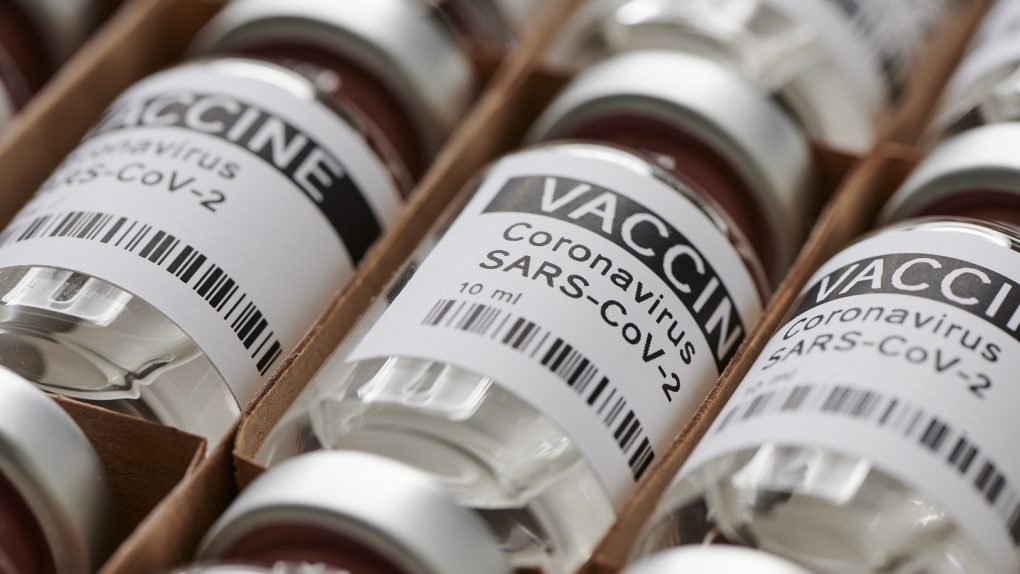- Pfizer CEO Dr. Albert Bourla said in an interview there are “no safety concerns” for the BioNTech coronavirus vaccine that has shown effecacy of 90%, according to interim Phase 3 results.
- The CEO explained that the company will apply for emergency use authorizations once the safety data satisfy its requirements, but it’s up to the FDA to decide.
- Pfizer already has COVID-19 vaccine side effect data spanning more than three months for Phase 1 volunteers and will have at least two months of data from Phase 3 trials. Volunteers will be followed up for two years after the trial ends.
Pfizer released the interim Phase 3 results for its mRNA coronavirus vaccine developed together with German company BioNTech, revealing incredible news about the drug’s efficacy. The vaccine has a 90% efficacy rate so far, which means it would work on nine out of 10 people who go through the two-shot regimen. That figure might change as the trial approaches the final conclusions, but it’s still a great start for the drug. Pfizer said it’s now waiting for safety data, which will be available in the coming weeks. If that news is positive, the company will apply for emergency use authorizations in the US and Europe.
While Pfizer didn’t disclose any safety data in its interim announcement yesterday, the company’s CEO Dr. Albert Bourla said in an interview that there are “no safety concerns” so far for the vaccine.
“The [independent Data Monitoring Committee] has not reported any serious safety concerns and recommends that the study continue to collect additional safety and efficacy data as planned. The data will be discussed with regulatory authorities worldwide,” Pfizer said in its announcement on Monday.
Bourla was a guest on Good Morning America, where he talked about Pfizer’s announcement and answered questions about vaccine safety.
“We feel very good about the safety, we published safety data of approximately six thousand patients, back in October,” the CEO said. “Right now, we have 40,000 people who have received the second dose, and the data [that] the independent committee of experts reviewed yesterday [matches] pretty much the data that we had at six thousand people.”
Bourla said the committee did not report any safety concerns and that the tolerability profile matches other vaccines.
When pressed on what short-term safety will mean for the vaccine, Bourla said that Pfizer will continue to observe patients for two years to catch potential side effects that might present after the initial two months of the trial. The FDA requires every Phase 3 vaccine tested in the US to show safety data for at least two months covering a minimum of half the volunteers involved in the final stage.
The CEO said that the full approval of a drug requires six months of safety data. Pfizer will have Phase 3 safety data covering two months and more than three months for the volunteers recruited in the trial’s first phase. Bourla said Pfizer will submit the paperwork for emergency approval if it feels comfortable about the safety data, but it will be up to the FDA to decide whether the data meets the regulator’s requirements.
Bourla has not addressed the actual side effects of the BioNTech vaccine, but the two companies did release such data for the first phase of its clinical trial in early July. The scientists said at the time that the most common side effect of the drug was mild to moderate pain at the injection site. Also, some of the volunteers experienced low-grade fever after the second dose. Pfizer and BioNTech were testing different doses at the time, so the side effects showed some degree of variance.
In mid-August, they released data for volunteers aged 65-85, finding that the side effects in this age group were even milder than in the younger cohorts. “Severe systemic events (fatigue, headache, chills, muscle pain, and joint pain) were reported in small numbers of younger BNT162b2 recipients and were transient and manageable,” the news release read at the time. “No severe systemic events were reported by older BNT162b2 recipients.”
The vaccine candidate chosen for the Phase 3 trial will come in a standard dose, but the side effects are likely to match the ones observed in the previous phases, considering what Bourla just said. The interview with Pfizer’s CEO is available below.








